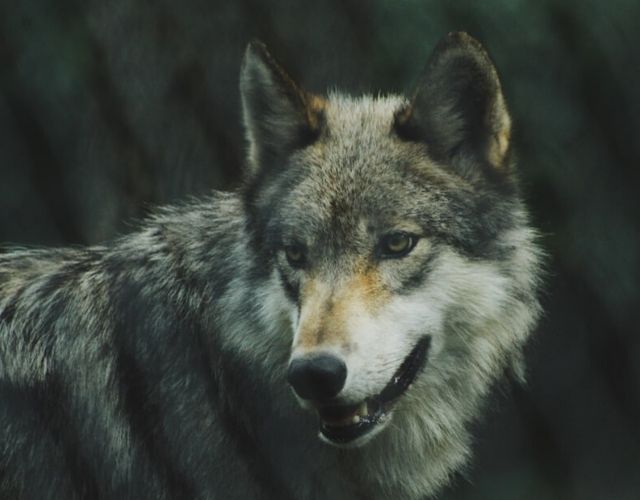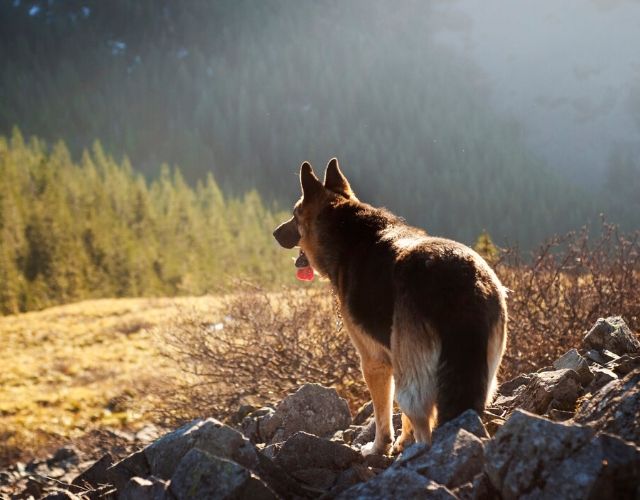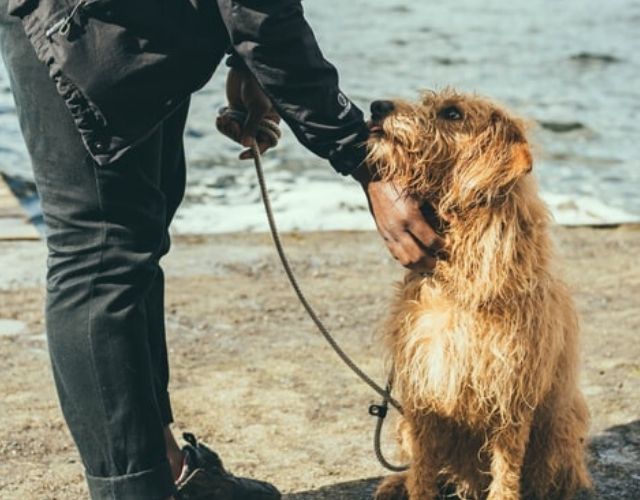The dogs we know and love today are social and lovable creatures that want nothing more than to be around their favorite humans. It appears that dogs are born with a willingness to interact and form relationships with us, but some have wondered how exactly that happened.
A Harvard University evolutionary neuroscientist named Erin Hecht set out to understand what changed in dogs when they made the leap into domestication, and possibly answer the question that many scientists and archaeologists have pondered on; how did dogs transform from wild wolves to domesticated pups?

Erin Hecht is one of the many scientists that are currently studying dogs and the details behind their domestication. By studying hundreds of dog’s behaviors in staged situations, examining their DNA, and studying their MRI scans, she hopes to crack the code on how our dogs transformed from wild wolves to couch potatoes.
The results from this behavioral study along with the DNA tests left Hecht with even more questions than she had before. Biologically, our domesticated dogs are almost all wolf. Though their genes are closely linked to their wild ancestors, they are fundamentally different when it comes to their behaviors.

Though we know that you can certainly hand raise a wild animal and teach them how to be tamer than they would be in their natural environment, dogs seem to be born with an innate need to trust and love their humans despite their wild genetics. It seems that the acceptance of humans is ingrained within their genes. So how did this happen?
There are multiple theories regarding canine domestication, and Erin Hecht came across many surprising findings during her study. Though much of their domestication has mostly been linked to changes in the brain upon years of domestication, they’ve begun to consider that dogs may have just learned how to understand their humans at some point.

Many scientists believe that domestication first began when a group of bold wolves chose to hang around a nearby village in hopes of having food tossed their way. Once this tactic worked, they began to hang around more and more, and soon began to understand human connection. This experience helped the wolves understand human interaction, and may have given them the ability to brush up on our standard social skills and conflict management.
The proof to this hypothesis is in the way that dogs just seen to understand us, and intuitively know how to ask for help and gain our attention. Is it possible that dogs simply learned on their own how to solve possible conflicts with humans, and chose to be less aggressive in hopes of receiving food and interaction?

While this study did not give the exact answer on if dogs truly domesticated themselves or not, it certainly opened up an array of questions about the possibility. While this study will continue for years to come, dog lovers are already sure about one thing; the incredible bond between dog and human is one like no other!
H/T: popsci.com
 Toledo, United States.
Toledo, United States.